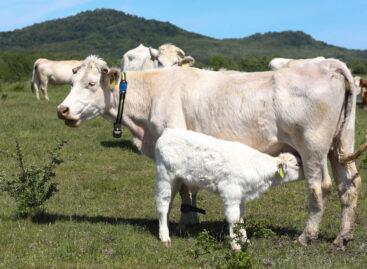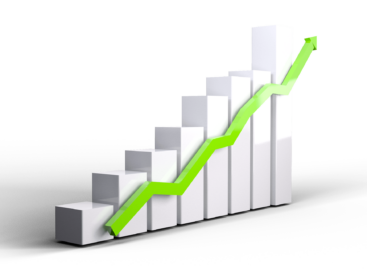Butter thefts continue as a result of price increases
The Russian economy faces serious challenges as inflation accelerates and prices continue to rise, while the country devotes its resources to significant defense spending. One of the most striking signs of the situation is the drastic increase in the price of butter, which is causing concern among consumers and economic experts. According to data from the State Statistics Service, the price of a block of butter has risen by 25.7% since December, while “Brest-Litovsk” premium butter in Moscow has risen by 34% since the beginning of the year, reaching 239.96 rubles (about 925 HUF) – wrote the Agricultural Sector following Reuters.
 Theft of butter has become more common in the wake of price rises, and several supermarkets have been forced to use plastic protective cases to curb shoplifting. The government has already taken steps to deal with the situation: Dmitriy Patrusev, Deputy Prime Minister responsible for agriculture, announced at the end of October that they would increase butter imports. According to Russian media, large shipments are expected from Turkey, Iran and India, as Belarusian imports are no longer able to meet the country’s demand.
Theft of butter has become more common in the wake of price rises, and several supermarkets have been forced to use plastic protective cases to curb shoplifting. The government has already taken steps to deal with the situation: Dmitriy Patrusev, Deputy Prime Minister responsible for agriculture, announced at the end of October that they would increase butter imports. According to Russian media, large shipments are expected from Turkey, Iran and India, as Belarusian imports are no longer able to meet the country’s demand.
However, the price increases do not only affect butter. Dairy products, wages, interest rates, and fuel and transportation costs have also increased significantly. President Vladimir Putin has previously emphasized the resilience of the Russian economy, stating that the country can balance “guns” and “butter”. Still, Western sanctions and rising defense spending are putting serious pressure on the Russian economy, and experts say the outlook is bleak in both the medium and long term.
Declining consumer spending, inflationary pressures and government-prioritized military spending create an environment in which the availability and price of staple foods may remain challenging. The current state of the Russian economy highlights the internal challenges and the effects of global sanctions, which together have a significant impact on the country’s daily life.
Related news
Related news
Atmedia adds BBC Earth to its international portfolio in Hungary
🎧 Hallgasd a cikket: Lejátszás Szünet Folytatás Leállítás Nyelv: Auto…
Read more >Henkel Hungary: Strong bond on and off the pitch
🎧 Hallgasd a cikket: Lejátszás Szünet Folytatás Leállítás Nyelv: Auto…
Read more >








